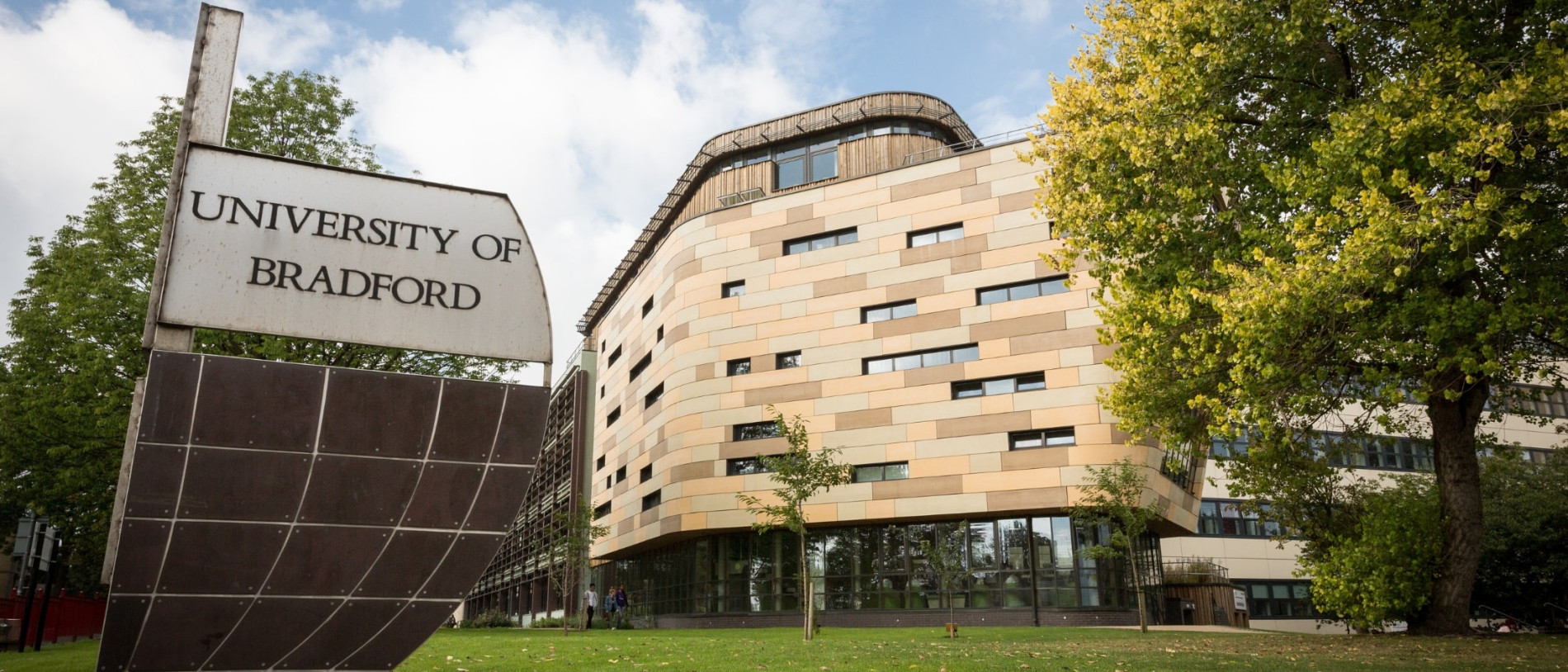

University of Bradford
Biomedical Engineering
Study detals
: Bachelor's degree : MEng (Hons) Biomedical Engineering : Full time : 48 MonthRequirements
Entry requirements
You should be aware that meeting the grade requirements specified does not necessarily guarantee admission as there may be additional requirements you need to satisfy.
Secondary School Leaving Certificate
| 136+ UCAS tariff points | 120 - 135 UCAS tariff points | 96 - 119 UCAS tariff points |
|---|
Foundation Programme required
English language
The standard University requirement is 6.0* with no sub-test less than 5.5 (or equivalent) on IELTS, or on the university's own entry test BASALT. Conditional offers to international students will be made on this basis.
IELTS - at least 6.0*, with at least 5.5 in each of the four sub-tests (speaking, listening, reading, writing).
TOEFL - at least 80*, and sub-tests not less than 18 in Reading, 17 in Writing, 17 in Listening and 20 in Speaking if you require a Student Visa.
Other qualifications which may be accepted:
There are other English language qualifications which may be accepted. For example, the University of Bradford also recognises:
- Cambridge Advanced Certificate - grade C or above
- Cambridge Proficiency Certificate - grade C or above
Please note that we DO NOT accept the TOEIC test.
Speciality
Sandwich course fees - charged during the placement year away from the University of Bradford for students on thick sandwich courses, or during the year in which the second placement falls for students on thin sandwich courses. Students charged at 10% of the equivalent full-time fee.
If a placement year is to be undertaken abroad and supported by University funding through the University’s exchange programmes, fees will increase to 15% of standard fees to cover additional support, advice and administration costs.
As part of this course you will be required to purchase a lab coat worth £10.
Additional information
Degree Overview
You’ll study disciplines such as:
- rehabilitation engineering – prosthetic / orthotic devices
- biomaterials and implant design
- tissue engineering and wound repair for artificial organs
- genomic coding and genetic engineering
- medical technology – design and manufacturing
All teaching is informed by the latest research, and is delivered by experienced medical engineers and clinical scientists. You’ll also gain professional insight from leading industry partners, and hands-on practical experience in our state-of-the-art engineering laboratories.
The first three years of the MEng course share the same curriculum as the BEng. The final fourth year provides additional focused study, and enables you to emerge with a masters degree.